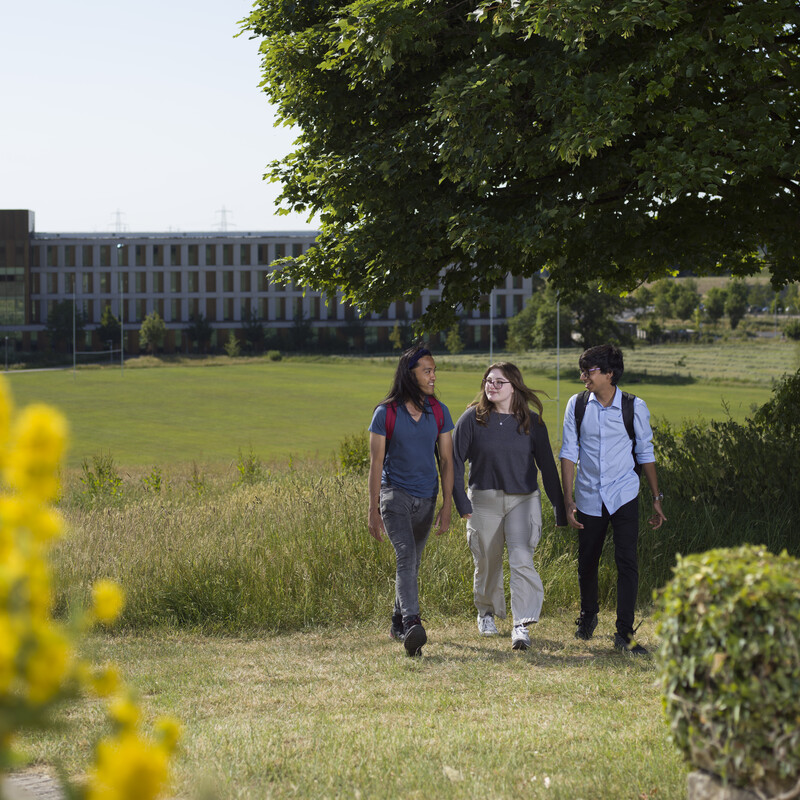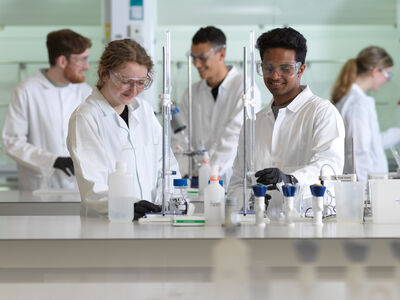Sustainability is at the heart of Lancaster University. We want to enable people to ask questions, share their stories, request resources, and support making more sustainable choices at work. Sharing your sustainability stories across the University with other staff members can also help inspire others. If you have organised an event, included sustainability in your teaching, embedded environmental issues into a policy, raised money for charity or anything else to do with sustainability, let us share your story — email sustainability@lancaster.ac.uk.
Sustainability resources
Links and resources for staff.











.jpg)